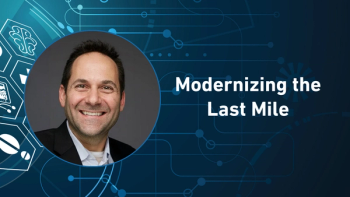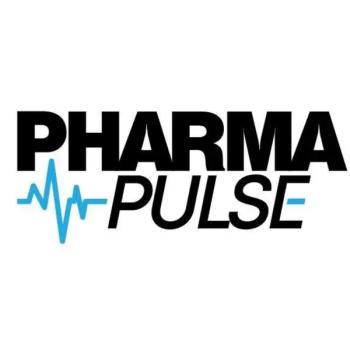- Pharmaceutical Commerce - October 2025
- Volume 20
- Issue 5
Why Your EHR Messaging Must Be Real-Time
This first-party approach to data-driven messaging can ensure timely, compliant, and personalized engagement with healthcare providers at the point of care.
Today in healthcare, precision and timeliness are not merely advantages—they are imperatives. For years, trigger-based electronic health record (EHR) messaging, fueled by invaluable first-party data, has improved how pharmaceutical brands engage with healthcare providers (HCPs). Yet, a critical realization has emerged: the transformative power of this approach diminishes without real-time delivery. When messages to HCPs are delayed, objectives and outcomes get impacted, resulting in missed opportunities, inefficient spending, and, most critically, a failure to influence at the decisive moments of clinical decision-making.
Let’s take a look at why strategies are lacking real-time delivery and can lead to delayed messaging, ultimately jeopardizing a pharma brand’s relevance and, in the long term, patient outcomes.
The steep cost of delayed messaging
HCPs operate under immense pressure, making quick clinical decisions for multiple patients daily. This demanding environment is precisely why trigger-based EHR messaging was conceived: to deliver a brand’s message precisely when it matters most, which is at the point of care. However, this meticulously designed strategy crumbles if the message arrives even moments after the critical clinical trigger point—be it diagnosis or prescription.
By that stage, the HCP has invariably moved on to a new patient, a new case, and a new set of concerns. A delayed message, therefore, ceases to be a supportive nudge toward better healthcare. Instead, it becomes mere digital clutter, ignored as irrelevant, representing a significant missed opportunity to drive prescriptions and improve patient care. Studies consistently corroborate this—real-time delivery of contextual messaging demonstrably boosts HCP engagement and significantly enhances patient outcomes.
The inherent flaws of batch-based systems
The Achilles’ heel of traditional EHR messaging lies in its reliance on batch processing. Messages are not delivered based on contextual, patient-specific triggers but are instead tied to predefined schedules—hourly or even daily. This approach guarantees a fundamental lack of relevance. By the time these messages reach their intended audience, the clinical context has shifted.
Batch-based messaging systems are inherently slow, reactive, and reliant on stale data, creating a disconnect between marketers and the immediate needs of HCPs. Worse still, batch processing lacks the potential of artificial intelligence (AI)-backed personalization. Without the ability to be tailored to individual HCP needs and specific clinical scenarios, these generic messages fail to resonate, leading to lower engagement, wasted resources, and multiple missed opportunities to influence prescribing behavior.
A strategic necessity
Real-time EHR messaging is the definitive antidote to the systemic flaws of batch-based systems. Dynamic and powered by technologies such as AI and machine learning, these messages are instantly triggered by detected clinical cues and delivered, tailoring to the HCP’s needs, precisely when they are required. This paradigm shift elevates real-time messaging from a mere advantage to a strategic necessity.
This imperative is amplified when the data underpinning these real-time messages is first-party, rather than unverifiable third-party data. Relying on third-party data in healthcare marketing not only introduces significant compliance risks, including potential HIPAA and GDPR violations, but its often outdated and unverified nature actively degrades the relevance of trigger-based EHR messaging and diminishes HCP engagement at crucial clinical moments. This exacerbates the very issues that delayed messaging creates.
First-party, data-backed, real-time EHR messaging ensures compliance, security, and the delivery of precise, timely messages. Eschewing third-party data is paramount for building trust, maintaining regulatory adherence, and achieving sustained success in healthcare marketing. These data-driven solutions empower HCPs to act decisively on the spot, seamlessly integrating into clinical workflows to feel like a natural, indispensable part of the EHR, rather than an intrusive interruption.
About the Author
Harshit Jain is the founder and CEO of Doceree.
Articles in this issue
3 months ago
Staying Current on Cold Chain3 months ago
Surveying the Industry3 months ago
Bridging People, Process, and TechnologyNewsletter
Stay ahead in the life sciences industry with Pharmaceutical Commerce, the latest news, trends, and strategies in drug distribution, commercialization, and market access.





